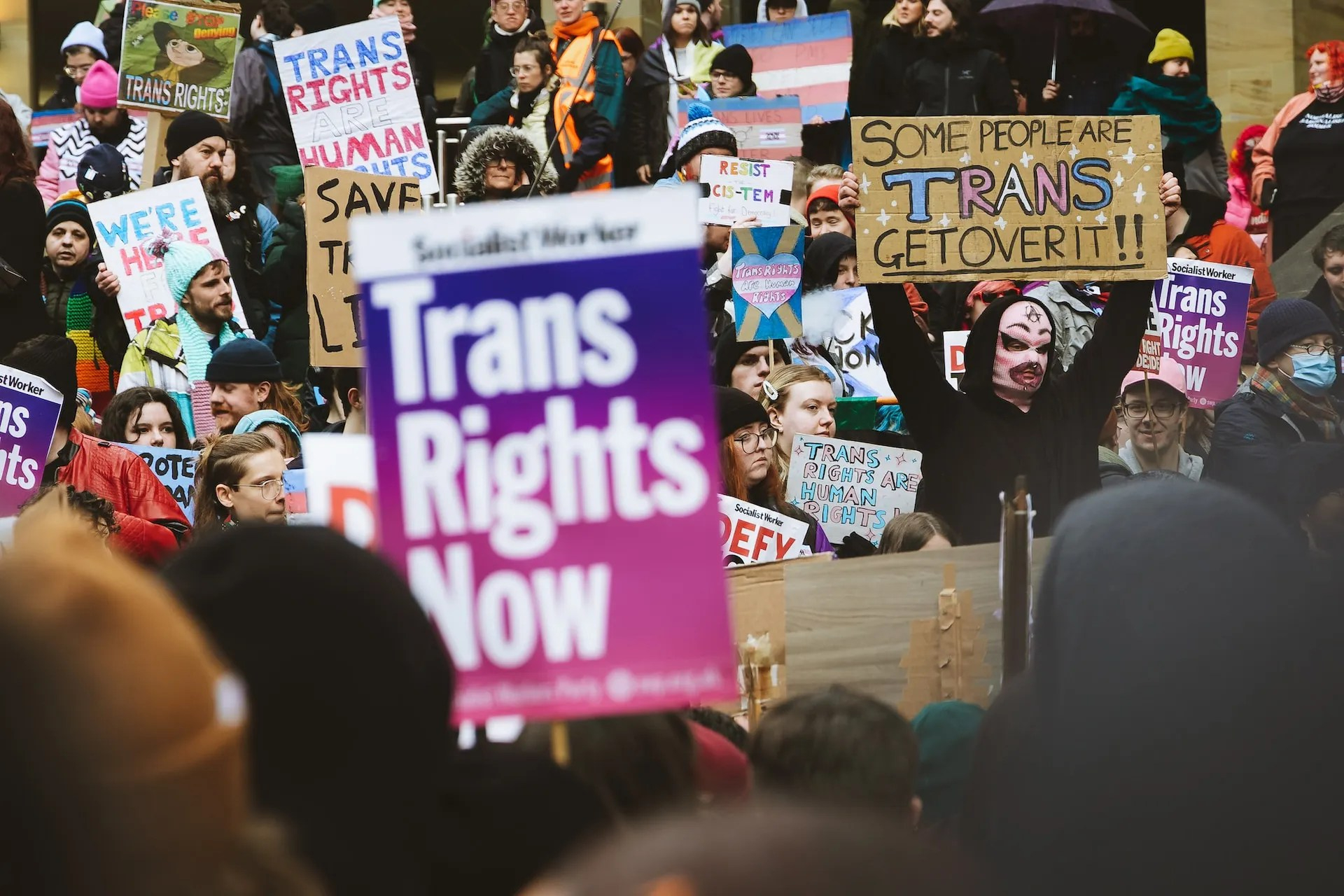Earlier this week, the UK Government announced new legislation designed to address the perilous situation on the English Channel, where thousands of people are entering the UK on small boats. The Illegal Migration Bill would place a legal duty on the Home Secretary to remove people who have entered Britain illegally. Legislation of this kind has long been called for by Tory backbenchers. It builds on a plan to speed up deportations by sending undocumented people to Rwanda, currently held up by human rights challenges.
The issue of immigration provokes strong feelings, particularly among voters in the south of England, who have concerns about high numbers of people arriving in their area. Finding a resolution to the Channel crossings is vital – not least because of the physical risks people making the crossing face. Men, women, and children are drowning whilst attempting to reach the shores of the UK – a country they believe holds the prospect of a better life. It’s a humanitarian crisis that should be top of the agenda for the UK and France.
In the days following the announcement of the plans – dubbed the ‘small boats bill’ – groups have expressed alarm at the rhetoric surrounding it. It’s clear UK Ministers want to take a tough approach. A Tweet by Prime Minister Rishi Sunak thundered: “If you come to the UK illegally: you can’t claim asylum; you can’t benefit from our modern slavery protections; you can’t make spurious human rights claims; you can’t stay.” The problem with this approach is it’s calloused to the huge number of individuals who are exploited before and after reaching the UK.
A review of the legislation paints a troubling picture for those caught up in modern slavery and human trafficking. The Illegal Migration Bill will see potential victims of acute injustice unable to access support or be protected from deportation unless they are helping the police or prosecutors with their enquiries. The government argues that this action is appropriate because such people are “a threat to public order, arising from the exceptional circumstances relating to illegal entry into the UK, including the pressure placed on public services”.
Modern slavery victims would only be able to access a statutory 30-day recovery period if they agree to help the UK authorities with their inquiries. This fails to recognise the situations such people face. Traumatised people need time and support to be in an appropriate place to assist the police. They will have endured brutality, and threats of retaliation for cooperation with authorities by the criminals who exploit them. It is also of questionable legality. The government has not confirmed how its modern slavery provisions are ECHR complaint.
Anti-trafficking organisations question whether the UK Government’s plans are proportionate. As they stand, they would have the effect of penalising genuine victims of modern slavery. Arguably, the plans also fail to understand or acknowledge what modern slavery is. Many victims of modern slavery find themselves illegally in the UK because of coercion, force, or deception. The one-dimensional approach advocated fails to take appreciate the nuisances and complexity of the issue and conflates it with the separate issue of people smuggling.
“The Illegal Migration Bill will see potential victims of modern slavery unable to access support, or be protected from deportation”
The Illegal Migration Bill as drafted would also do nothing to assist authorities in increasing modern slavery convictions – something that is sorely required to end cycles of exploitation. Last year, the Office for National Statistics reported that just 185 prosecutions occurred in England and Wales between April 2016 and March 2021. Of these cases, only 95 resulted in a conviction and 90 resulted in non-convictions. During this period, around 21,000 young people were referred for support in cases ranging from child sexual exploitation to forced labour.
Rather than giving victims of exploitation in criminal industries such as the sex trade time to recover and work with the police to achieve justice, UK ministers appear to favour a plane ticket out of the UK to a foreign country, where they may be exploited yet again. Scottish Ministers should take note of clauses 23 and 24 of the Illegal Migration Bill, which would apply the UK Government’s approach north of the border too. These clauses prevent support to victims in Scotland and Northern Ireland unless they are helping authorities.
This debate is sorely lacking in balance, clarity, and compassion. Fiery rhetoric fuels speculation that many, if not most, migrants are ‘gaming the system’ through “spurious” claims. But we know that victims of modern slavery have been identified crossing the Channel. In February, the UK Government reported that between 2018 and 2022, 7% of people arriving by small boat claimed to be modern slavery victims. Of this number, 85 per cent received a reasonable grounds decision – implying that they are genuine victims. Many more go on to be exploited.
It is legitimate to debate immigration. People on all sides of the political spectrum recognise the importance of border integrity. But we must not forget that human beings lie at the heart of the debate surrounding Channel crossings. The moral fibre of a government is determined, largely, by its approach to the marginalised and oppressed. Victims of trafficking and modern slavery fall squarely into this category. If the small boats bill goes ahead as planned, they will be badly let down.





Leave a Reply